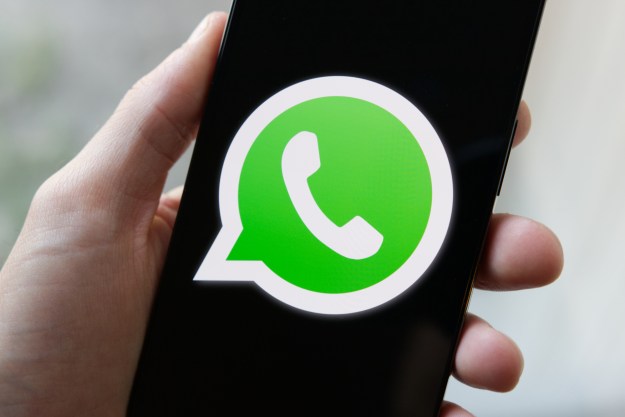
The team took 41 regularly used dating apps found inside the Google Play store, and discovered 26 of them had, “medium or high severity vulnerabilities.” Unhelpfully, the IBM researchers haven’t named the problematic apps, presumably because they’re now all too busy going out on dates of their own.
It’s not just serial daters using all 41 apps that need to worry here. IBM says the real problems occur when it’s the same device that’s used for work and for checking out eligible singletons online. IBM found apps with potential security problems on 50-percent of the company-used, privately owned smartphones it examined. IBM fears that compromised smartphones could be used to spy on companies and employees, or in cyber attacks.
Why are dating apps the problem, and not Crossy Road? We share way more personal information – willingly – through a dating app, and they invariably have location-based features which give away our location, and fast instant messaging features perfect for phishing attacks. In our keenness to find “the one,” we’ll often give away more personal details through an app than we would under normal circumstances.
Despite its warning, IBM says it hasn’t seen any major security breaches caused by dating apps yet. To make sure they don’t happen in the future, it recommends limiting the amount of personal information that’s shared, and checking what kind of permissions the app needs at installation. You may want to think twice if it wants continuous access to the microphone, GPS, and camera, whether you’re using the app or not.
Editors' Recommendations
- Google Messages vs. Samsung Messages: Which app should you use?
- How to use Google’s Gemini AI app on your Android phone
- How to use WhatsApp Web
- WhatsApp used to be one of my favorite apps. Now, I can’t stand it
- The best dating apps in 2023: our 23 favorite ones



